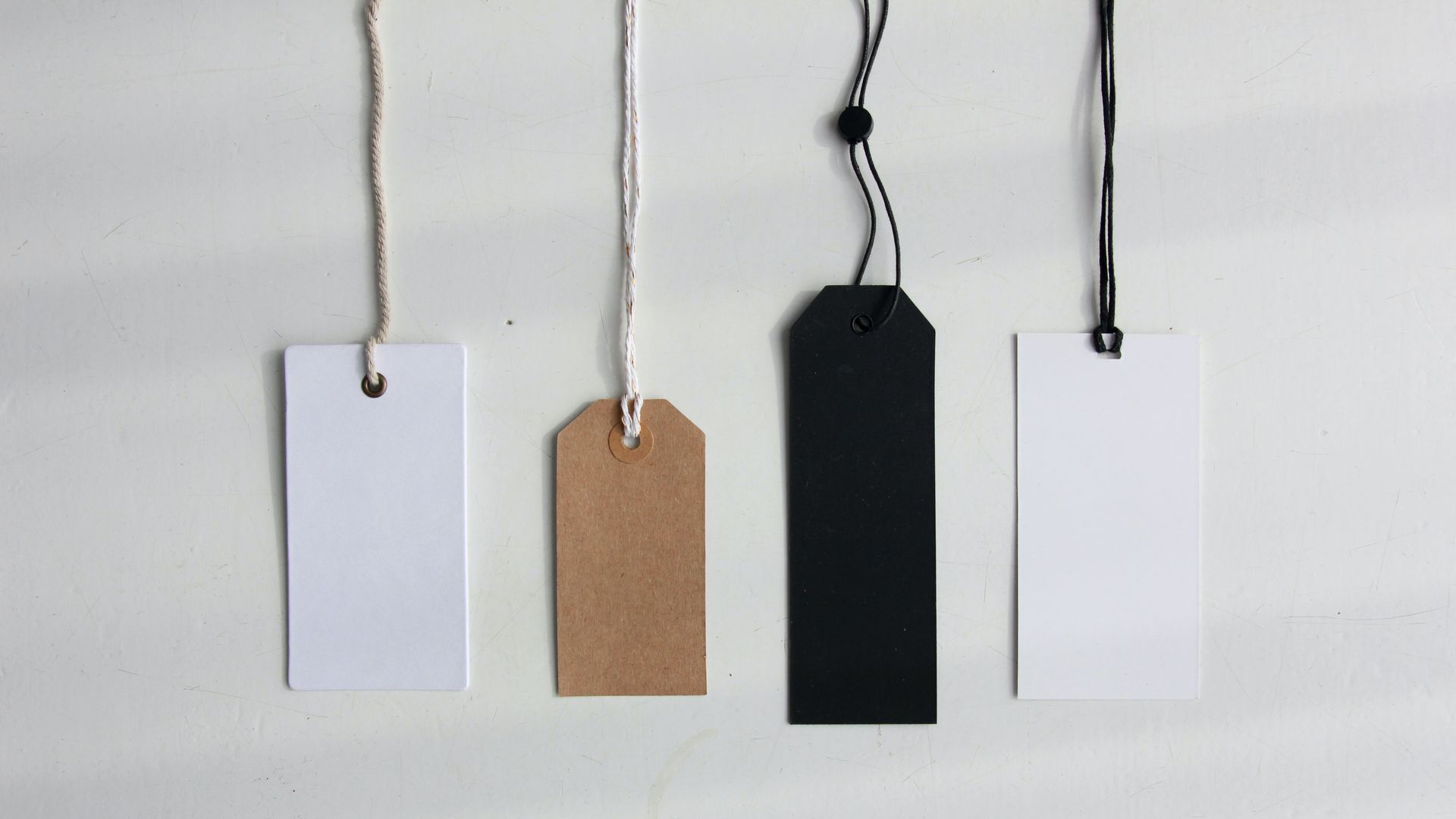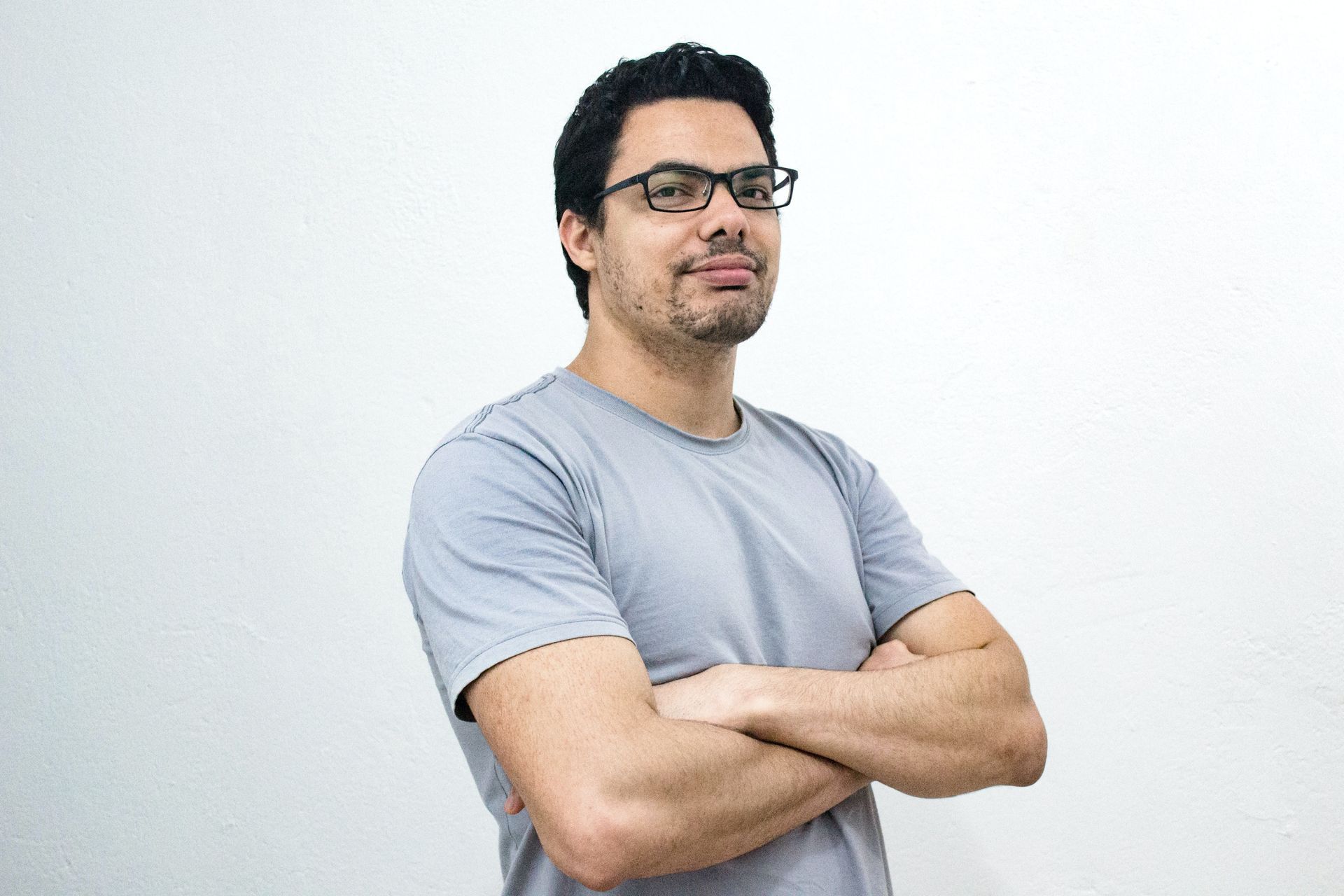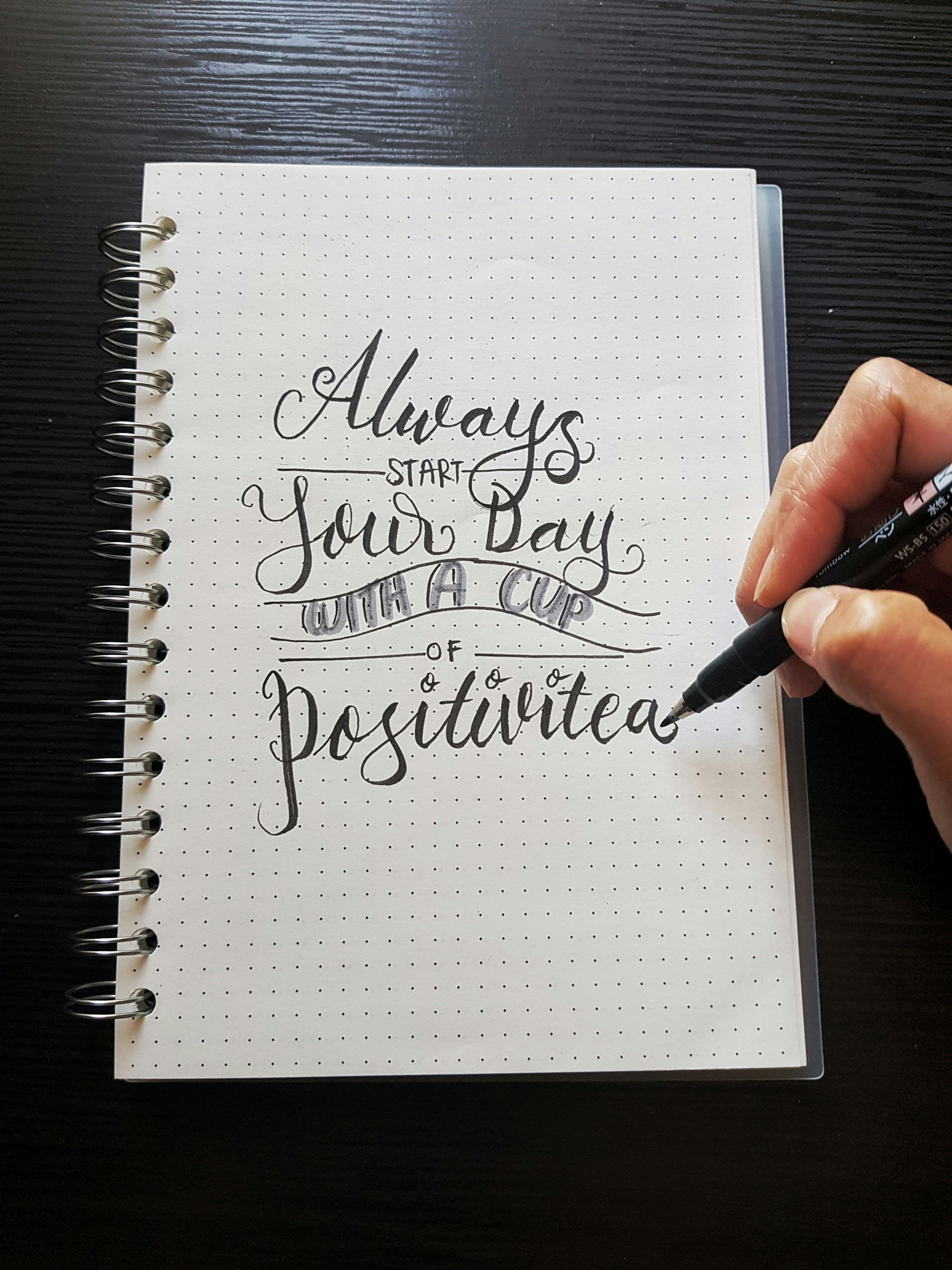Michael Ceely is a licensed psychotherapist, serving clients online in Florida, California, and Wisconsin. Michael’s areas of expertise include anxiety, career counseling, and mental performance coaching for athletes.
7 Tips for Making Psychotherapy Work for You
A Miami therapist outlines the most important things to consider for a successful counseling experience.

Okay, so you've decided to try therapy. First of all, congratulations, it takes a lot of courage to ask for help. In working with clients in
my counseling practice over the years, I have come up with seven tips to help make therapy a successful endeavor, right from the start.
1. Do Your Research on Therapists
While you might want relief ASAP, take your time to find the right therapist.
Make sure the therapist offers a free phone consultation. That way you can get a feel for their personality, ask questions, and see if they're a good match.
Some people ask their friends, "hey, can you recommend a good therapist?" This can be a good place to start, but remember, what worked for your friend may not necessary work for you.
Spend time looking at various therapists' websites and get a feel for their style. Read their blog posts, Google their name and see what shows up, read about their clinical modality, be it Cognitive Behavioral, Psychodynamic, or any other type of psychotherapy.
Remember, the most important factor for a positive outcome in therapy is the therapist-client alliance. While titles, reviews and accolades are good, ultimately you should feel comfortable with your therapist.

2. Choose Value Over Price
Therapy is one of the most important investments you will make. Just like choosing an accountant, plumber, or a lawyer, you want someone who will deliver results.
While price is always a consideration, searching for a bargain should not be your primary goal. Instead, focus on results. Can the therapist get me the results I want? This is the question.
For example, a therapist who charges $250 per hour and specializes in your exact issue may actually be a better bargain than a generalist who charges $150. If the specialist helps you reach your goals in 10 sessions, and the lower-fee therapist takes 20 sessions, which is the better deal?
For more pointers on what to consider when searching for a therapist, check out my video, 5 Ways to Make the Most of Counseling.

3. Define Your Therapy Goals
One of the most common mistakes I see clients make is not having goals when they start therapy.
Try to define your goals even before contacting potential therapists. It's hard for a therapist to know if they can help you when you're not sure what you want.
Another mistake I see is clients who seek out therapy because of someone else's goal. This typically occurs when one member of a couple blames the other for the relationship problems: "You need therapy, not me!" So before deciding on your own individual therapy, ask yourself whether couples therapy or family therapy is more appropriate.
While you may change your goals during therapy, it's important to an initial idea of what you want to accomplish.

4. Manage Expectations About Therapy
If you want to achieve your goals in therapy, it's important to manage your expectations.
Therapy is not a quick fix, nor should you plan to spend years talking aimlessly on your analyst's couch. This is why, as I mentioned, it's important to set some measurable goals upfront.
If your goals are vague, like simply wanting to feel better, it's hard to define expectations. The more you can define what your ideal outcome is, the better you and your therapist can set proper expectations for how long therapy might take.
Also keep in mind that therapy is a collaboration. Your therapist is not a magician, meaning you will need to do a lot of work. That said, you should feel that your therapist is competent in their clinical abilities and able to provide sufficient guidance.
Finally, don't hesitate to give your therapist feedback. If things aren't going the way you want, speak up. After all, you're the customer. If a therapist is worth their salt, they will welcome your opinion.

5. Trust Your Instincts
When you first meet with your therapist, the best approach is to be yourself. Don't worry about talking too much or talking too little. Your therapist is trained to listen, decipher, and synthesize what you are saying.
In short, don't cut your therapist any slack. If they appear uncomfortable or don't know what to say, that's not your fault. That might mean that this particular therapist is not a good match.
By the end of the first session, you should have a good feeling about the therapist. Did you feel listened to? Were your questions answered? Did the therapist seem confident? The answers to these questions should be yes.
Remember that there's a difference between feeling cautious to commit to a good therapist and feeling hesitant to return to a not-so-good therapist. Your conscience, your gut, knows the difference. Listen to that.

6. Take Therapy Sessions Seriously
Once you've found the right therapist, take your sessions seriously. That means showing up.
There's something interesting that happens when people commit to making a change: it's called resistance. You may unconsciously do things to sabotage therapy (because change can be scary). Things like canceling last minute, "forgetting" about a session, or rescheduling because something "more important" came up. Drop excuses and show up anyway.
Also, make sure to arrive on time to your sessions, allowing for traffic, parking, etc. Or if you're doing online therapy, be in a private area with no distractions.
Think about therapy like going to school. Show up to learn, take notes after session, and follow through on any homework your therapist gives you.
Ultimately, therapy is an investment in yourself. Take it seriously and go all-in. You're worth it.

7. Commit to the Journey
Psychotherapy is a journey. And just like a sailboat on uncharted waters, you will encounter unforeseen challenges.
One of the most common challenges is the temptation to end therapy too soon. Studies have shown that the dropout rate can be as high as 50% before the third therapy session. This is often because clients feel better after the first couple of sessions due to feeling relief from venting their problems.
However, don't equate feeling good in the short term to solving your problems long-term. Keep attending therapy until you see sustained behavioral change in your everyday life.
When it's time to end therapy, you'll know. Again, be transparent and tell your therapist if you feel you're ready to stop sessions.
Many clients opt for the taper-off approach, where you see your therapist biweekly or monthly until you feel confident to sail your proverbial ship on your own.
Conclusion
In summary, if you've never tried counseling before (or even if you have), it can be a daunting experience. But if you follow the seven tips I've given you, your chances of reaching your goals in therapy will be greatly increased.
As a therapist who's benefited from therapy himself, I wish you a successful journey of personal growth if you choose to work with a counseling professional. The rewards are worth it.
If you're interested in exploring the benefits of counseling, feel free to reach out and schedule a free phone consultation with me.
Michael Ceely, LMFT
Like this article? Share it with a friend.





